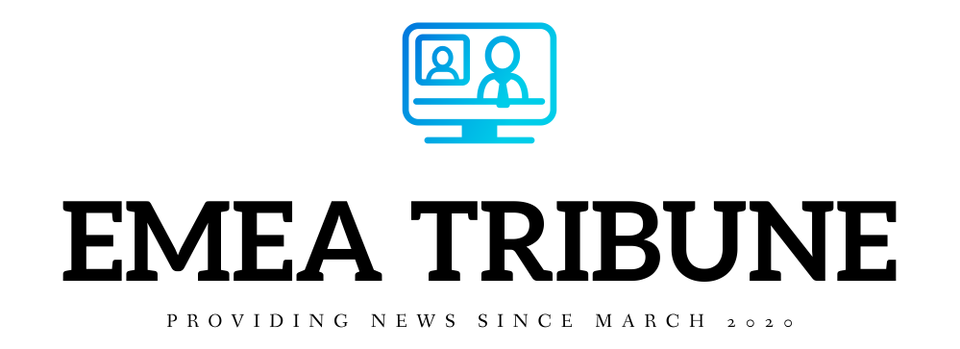
news
India's rivers are home to 6,000 dolphins - but they are in trouble
India's longest and most holy river, the Ganges, is home to thousands of dolphins. But their survival is under threat. But these aren't like the ones found in oceans. They don't leap out of the water in spectacular arcs; surface for long intervals or

















